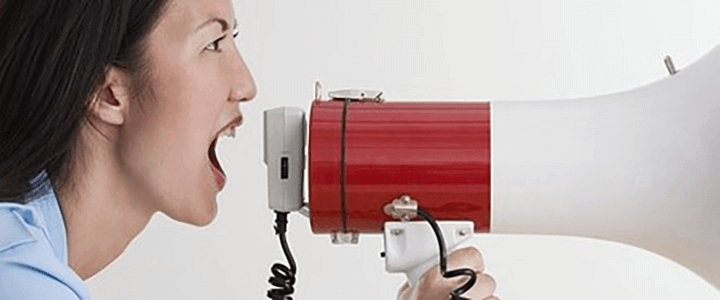The first rule to remember when working in a military operations center is: “first reports are always wrong.”
It the fog of battle, as units are calling in reports, those caught up in the action will inevitably send messages that prove later to be false. It’s not intentional, nor is it really their fault. Chaos is hard to manage, and when your world is falling down around you, you don’t always have the best view of the whole situation.
I was reminded of this fact as I, along with millions of others around the world, watched in horror as flames tore through the roof of the Notre Dame Cathedral in Paris on Monday. Broadcast and cable news outlets, whose primary job is to fill airtime, not necessarily to get the story right, tried to give their viewers the best information they had. They spoke with both eyewitnesses and their own reporters on the scene, trying to add content to the horror unfolding live on the screen.
But just as with combat reports, they proved to be based largely on conjecture and extrapolation. They also proved to be largely wrong.
Things aren’t always what they seem
An hour into the crisis, my social media was filled with the moans and groans of those who took what they were seeing, and some of what they were hearing, and did some extrapolation of their own.
“The building will be a total loss. The firefighters have given up.”
“The nave is a tub of fire and is too hot for the firefighters to work from inside.”
“The stained glass windows, crafted more than 800 years ago, are gone.”
False. All false.
I felt like the one guy in the operations center who says to the rest of the staff, “Hold on. Things might not be what they appear to be.” It wasn’t wishful thinking; the reports just didn’t jibe with what little I knew about gothic architecture.
When the smoke cleared and the immediate crisis had passed, we learned that things weren’t as bad as we had initially feared. Two of the vaulted ceilings had collapsed, but they had largely served to contain the fire above the nave itself. The nave suffered damage, but the building was not a total loss, and the famous rose windows remained intact.
The first reports, even those from people on the scene watching events unfold before them, were largely wrong.
The cathedral fire was dramatic, but in terms of the spread of misinformation, it wasn’t unusual. It can, however, serve as an example of the need to take every news report with the proverbial grain of salt.
This is how deliberate misinformation works, too
We know that Russian troll farms did their best to sow doubt and suspicion online during the 2016 presidential election. They may or may not have been effective at changing people’s minds about who to vote for, but they certainly created internet chaos.
The people who got the Notre Dame story wrong weren’t spreading “fake news,” but they were acting exactly the way those malign actors who design disinformation campaigns hope people will act.
They thought they were helping by sharing what they were hearing on their own televisions. But they were spreading unconfirmed reports uncritically, without any caveats.
The Cornell University Library has a good online guide titled “Fake News, Propaganda, and Misinformation: Learning to Critically Evaluate Media Sources.” It should be required reading in the months leading up to the 2020 presidential election, which promises to be even more rancorous, with even more actors trying to muddy the waters, than 2016.
The guide advises, “If you have an immediate emotional reaction to a news article or source: pause, reflect, investigate.” It cautions that social media algorithms are designed to show you news that confirms your previously held notions, not expose you to a wide variety of news sources and viewpoints. As much as Mark Zuckerberg might say he’s trying to avoid being a conduit for disinformation, Facebook is designed to show you what you want to see, not what you need to see. If you’re the kind of person who is susceptible to propaganda, regardless of the source, you’re more likely to see it. Facebook’s profitability depends on the shot of dopamine you get from having your views confirmed, regardless of your ideological bent.
To be an educated consumer of news requires critical thinking, which a friend once described as treating everything you think you know as a lie and working back to the truth. We all should be reacting to outlandish headlines with, “That can’t possibly be true, let me look for more sources that confirm this report” instead of, “Hell yeah! I knew it!”
It’s not easy. But it will make us all better informed, and deny the Russians or other adversaries the satisfaction of having undermined our confidence in our own institutions.




